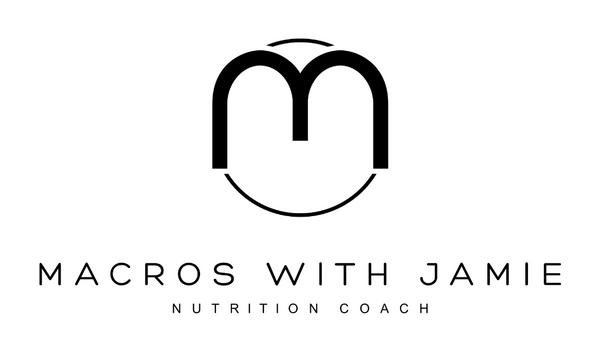
Why Tracking Macros is More Effective Than Traditional Dieting
Share
What Makes Traditional Dieting Ineffective?
Macro tracking is a more effective approach than traditional dieting because it focuses on balance, flexibility, and sustainability rather than restriction and deprivation. Traditional diets often emphasize cutting calories drastically or eliminating entire food groups, which can lead to short-term weight loss but are generally not sustainable in the long run. These restrictive diets can slow down metabolism, cause nutrient deficiencies, and often result in a cycle of yo-yo dieting, where weight is lost quickly but then regained just as fast, sometimes even more than before. Macro tracking, on the other hand, allows for a balanced intake of all essential nutrients, helping to maintain muscle mass, keep your metabolism active, and prevent the nutritional deficiencies that can come with restrictive diets.
Why Macro Tracking is a Balanced Approach to Nutrition
With macro tracking, you focus on consuming the right amounts of proteins, carbohydrates, and fats tailored to your individual goals, whether that’s weight loss, muscle gain, or maintenance. This approach acknowledges that all three macronutrients are vital for different bodily functions—proteins for muscle repair and growth, carbohydrates for energy, and fats for hormone production and cellular health. Unlike traditional diets that might label certain foods as "good" or "bad," macro tracking encourages a more inclusive view of nutrition, where the emphasis is on balance and variety rather than exclusion. This flexibility makes it easier to incorporate a wide range of foods into your diet, reducing feelings of deprivation and making it easier to stick with your nutrition plan over the long term.
Another significant advantage of macro tracking is its educational component. By learning to count and balance macros, you become more aware of the nutritional content of the foods you eat and how they affect your body. This knowledge empowers you to make better food choices and develop a healthier relationship with food. You learn to see food not just as a source of calories but as a source of nutrients that fuel your body, support your activities, and contribute to your overall well-being. This understanding can lead to more mindful eating habits, where you choose foods that nourish and satisfy you rather than just looking for a quick fix or the lowest-calorie option.

Ultimately, macro tracking promotes a sustainable, balanced approach to nutrition that aligns with your body’s needs and your personal goals. It helps you avoid the pitfalls of traditional dieting, such as metabolic slowdown, muscle loss, and rebound weight gain, by focusing on nourishing your body rather than restricting it. By incorporating macro tracking into your lifestyle, you can achieve your health and fitness goals more effectively and maintain your progress over time, leading to long-lasting results and a healthier, more balanced relationship with food
